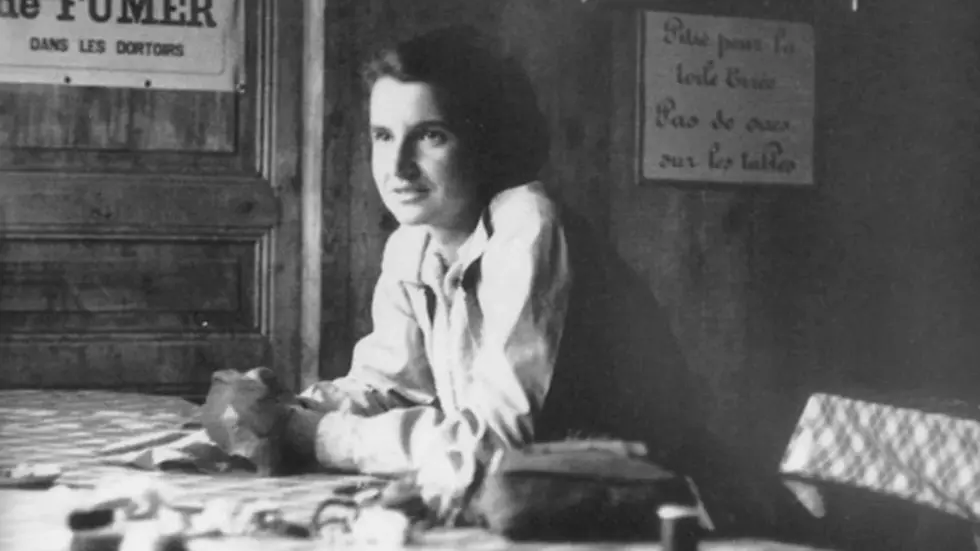The Significance of Jane Goodall's Studies
- Ash Thornton
- Mar 4, 2024
- 3 min read
Katy, TX

Jane Goodall’s Life
Jane Goodall, otherwise known as Valerie Jane Morris-Goodall, was born April 3, 1934 in London, England. Growing up, she loved animals and wished to work with animals as her profession. In 1957, she was able to fund her migration from England to Africa in order to see her friend and her family by working multiple jobs. While in Africa, Goodall worked for Louis Leakey, a Kenyan archaeologist and anthropologist who believed that human evolution was centered in Africa. Despite not having any formal higher education, Leakey sent Goodall to the Gombe Stream National Park to observe the social and familial interactions of wild chimpanzees. Instead of observing the animals from afar, as most ethologists typically do, Goodall steadily gained the trust of the chimpanzees she was observing and engaged with them.
Jane Goodall’s Achievements
Jane Goodall’s tenacity and contributions to science earned her many awards and achievements throughout her lifetime. She made shocking discoveries that permanently changed modern perceptions of chimpanzees and of humanity, and because of her discoveries regarding the compassion, omnivorous diet, and usage of tools displayed by chimpanzees she earned a PhD in ethology, or the science of animal behavior, from the University of Cambridge in 1965. Her study of social and familial interactions amongst chimpanzees earned her the Stephen Hawking Medal for Science Communication 2022. She published her findings in many different books, such as In the Shadows of Man and The Chimpanzees of Gombe: Patterns of Behavior.
Goodall also led multiple conservation groups and efforts which informed people of how deforestation affects chimpanzees and helped the United Nations focus on environmental problems via her position as the UN Messenger of Peace in 2002. She created the Tchimpounga Chimpanzee Rehabilitation Centre in order to aid chimpanzees harmed by illegal pet trades to further help chimpanzees . Her accomplishments prompted international attention, and she received the Templeton Prize in 2021 for “her contributions to our understanding on what it’s like to be human.”
Jane Goodall’s Importance
Jane Goodall’s discoveries revealed that actions we thought were solely human, such as the ability to use tools, wage war, and show signs of affection and mourning, were also shared with other apes. She discovered the chimpanzees’ ability to use tools when she observed a chimpanzee strip the leaves off a twig and use that twig to remove termites from a nest to eat. She observed the chimpanzees display territorial behaviors, with the males raiding other groups of chimpanzees. Goodall observed chimpanzees hug another chimpanzee in mourning, and chimpanzees “adopting” orphaned chimpanzees. She also discovered that chimpanzees were omnivorous, or are capable of eating both plants and animals, and eat small mammals such as bush pigs and colobus monkeys, which contradicted the previous belief that chimpanzees were herbivores, or animals that only eat plants. These connections further supported the theory that humans and apes descended from the same common ancestor.
In addition, her studies are also important to the conservation effort and the greater inclusion of women in STEM. Jane Goodall contributed to conservation efforts through founding the Jane Goodall Institute while also providing refuges for chimpanzees released from medical research facilities and spreading awareness of the harmful effects of deforestation. She also created Jane Goodall’s Roots and Shoots, a youth action program that encouraged kids to become active in conservation efforts. Her work inspired other women who were interested in the study of primates, or primatology, to pursue their interests and become primatologists themselves despite primatology being a male-dominated field. Within the fields of STEM, women like Jane Goodall are necessary in promoting diversity and providing inspiration for those interested in pursuing careers in STEM.
Be Good- check out STEM·E's upcoming events!
Sources
The Editors of Encyclopedia Britannica. “Jane Goodall | Biography & Facts.” Encyclopædia Britannica, britannica, 21 Sept. 2018, www.britannica.com/biography/Jane-Goodall.
Appleton, Sarah. “Jane Goodall | National Geographic Society.” Education.nationalgeographic.org, National Geographic, 24 Oct. 2022, https://education.nationalgeographic.org/resource/jane-goodall/.
Goodall, Jane. “The Jane Goodall Institute Homepage.” The Jane Goodall Institute, https://janegoodall.org/.
“Making an Impact.” John Templeton Foundation, www.templeton.org/news/making-an-impact#:~:text=%E2%80%9CJane%20Goodall%20won%20the%20Templeton.






Comments